
Sermons from Our Home to Yours
 Hidden Things
Hidden Things
(Bible Translations: NAS/The Message/Phillips)
Harold Greenberg
My Nanny’s Pennies
When I was six years old, I stole a few pennies from my Nanny’s purse (my great aunt who lived with us). My parents found out about it and told me to return the coins. What made things even worse, was that I had to openly confess to her and apologize. At the time, I thought it would kill me. My parents already knew what I had done and that was bad enough. I was busted! But what really made my heart pound, was having to make my confession to the one I had stolen from: to face my Nanny, return the pennies, and ask her forgiveness. It was all about the shame of open confession.
It’s one thing to know (in your heart of hearts), you’ve got sin in your life. It’s something else altogether to have to confess that sin to the one you’ve sinned against. It stands to reason, that the person we are most afraid of confessing to, is exactly the one who needs to hear our confession.
Hidden Things in Our Tents
There is a story in the book of Joshua chapter 7, about a man named Achan, who took some things that weren’t his and hid them in his tent. As the story goes, he was eventually found out and confronted. It has its beginnings back in chapter 6.
Now Jericho was tightly shut because of the sons of Israel; no one went out and no one came in.
The LORD said to Joshua, ‘See, I have given Jericho into your hand, with its king and the valiant warriors.
You shall march around the city, all the men of war circling the city once. You shall do so for six days.
Also, seven priests shall carry seven trumpets of rams’ horns before the ark; then on the seventh day you shall march around the city seven times, and the priests shall blow the trumpets.
It shall be that when they make a long blast with the ram’s horn, and when you hear the sound of the trumpet, all the people shall shout with a great shout; and the wall of the city will fall down flat, and the people will go up every man straight ahead.’” Joshua 6:1-5
~~~~~~~~
Then on the seventh day they rose early at the dawning of the day and marched around the city in the same manner seven times; on that day only, they marched around the city seven times.
At the seventh time, when the priests blew the trumpets, Joshua said to the people, ‘Shout! For the LORD has given you the city.’” Joshua 6:15-16
God’s Conditions of Battle
In addition to the instructions concerning how to march around the city, God also gave a warning to the people of Israel against keeping any souvenirs from Jericho. They were forbidden from keeping anything at all.
The city shall be under the ban, it and all that is in it belongs to the LORD; only Rahab the harlot and all who are with her in the house shall live, because she hid the messengers whom we sent.
But as for you, only keep yourselves from the things under the ban, so that you do not covet them and take some of the things under the ban and make the camp of Israel accursed and bring trouble on it.” Joshua 6:17-18
A Man Named Achan
Unfortunately, we read that one man disobeyed the ban on souvenirs and hid some items in the ground under his tent.
But the sons of Israel acted unfaithfully in regard to the things under the ban, for Achan, the son of Carmi, the son of Zabdi, the son of Zerah, from the tribe of Judah, took some of the things under the ban, therefore the anger of the LORD burned against the sons of Israel.” Joshua 7:1-2
Our Public & Private Lives
Many of us, like Achan, lead two lives: a public life and a private one. We keep parts of our lives hidden, except to those closest to us: a husband, a wife, a family member, or a close friend. Sometimes, we keep these things all to ourselves. Such was the hidden life of Achan, and what Achan had hidden was forbidden.
After Joshua and the people of God had marched around the city for seven days, the walls of Jericho came crashing down. Jericho had been an evil city, filled with evil things, and God had warned the people not to take any “souvenirs” from the city after it fell.
Jericho is a picture of what our lives are like before God arrives on the scene. We are like that city, protecting our way of life. We put up walls which say, “Keep out, Private Property, this is my life and I don’t want to change it.” We don’t come out. And we don’t let others in.
But salvation is a marvelous thing. Like the fall of Jericho, the walls of our old sinful life crumble under God’s mighty power and what was hidden for so long, is now clearly seen for what is.
And, like Achan. we are not to take any “souvenirs” out of the fallen city. The crumbling of our walls is God’s miracle. Leaving the old life behind is our recognition, and willingness to walk, in that miracle.
A Strange & Terrible Turn of Events
Having just been victorious at Jericho, Israel forges ahead to a seemingly easy next battle in the town of Ai. However, it was a miserable and unexpected defeat, resulting in the deaths of 36 Israelite soldiers.
Joshua and the elders were devastated at this sudden turn of events. Terrified, they fell on their faces before God. They feared that, as news got out about their defeat at Ai, they would be considered easy prey by other heathen nations.
Then Joshua tore his clothes and fell to the earth on his face before the ark of the LORD until the evening, both he and the elders of Israel; and they put dust on their heads.
Joshua said, ‘Alas, O Lord GOD, why did You ever bring this people over the Jordan, only to deliver us into the hand of the Amorites, to destroy us? If only we had been willing to dwell beyond the Jordan!
O Lord, what can I say since Israel has turned their back before their enemies?
For the Canaanites and all the inhabitants of the land will hear of it, and they will surround us and cut off our name from the earth. And what will You do for Your great name?’” Joshua 7:6-9
The nation of Israel was in a, “Woe is me, why has this happened,” state of mind. Then God spoke to Joshua:
So the LORD said to Joshua, ‘Rise up! Why is it that you have fallen on your face?
Israel has sinned, and they have also transgressed My covenant which I commanded them. And they have even taken some of the things under the ban and have both stolen and deceived. Moreover, they have also put them among their own things.
Therefore, the sons of Israel cannot stand before their enemies; they turn their backs before their enemies, for they have become accursed. I will not be with you anymore unless you destroy the things under the ban from your midst.
In the morning then you shall come near by your tribes. And it shall be that the tribe which the LORD takes by lot shall come nearby families, and the family which the LORD takes shall come nearby households, and the household which the LORD takes shall come near man by man.
It shall be that the one who is taken with the things under the ban shall be burned with fire, he and all that belongs to him, because he has transgressed the covenant of the LORD, and because he has committed a disgraceful thing in Israel.’” Joshua 7:10-15
A Night of Decision
All that night, before morning, when the Israelites would be brought before the Lord for justice, it seems Achan had a window of opportunity in which to repent. My guess is that Achan’s family also knew what he had done. After all, he had come back to their tent, dug a big hole and buried the forbidden loot. If a family member comes home, pulls the rug up in your bedroom, and removes the floorboards to hide something beneath, you’re going to ask, “What’s going on?” Still, no one brought the truth to Joshua.
The next morning, through a divine process of elimination, Joshua determined who was to blame:
So, Joshua arose early in the morning and brought Israel near, by tribes, and the tribe of Judah was taken.
He brought the family of Judah near, and he took the family of the Zerahites; and he brought the family of the Zerahites near man by man, and Zabdi was taken.
He brought his household near man by man; and Achan, son of Carmi, son of Zabdi, son of Zerah, from the tribe of Judah, was taken.
Then Joshua said to Achan, ‘My son, I implore you, give glory to the LORD, the God of Israel, and give praise to Him; and tell me now what you have done. Do not hide it from me.’
So Achan answered Joshua and said, ‘Truly, I have sinned against the LORD, the God of Israel, and this is what I did:
when I saw among the spoil a beautiful mantle from Shinar and two hundred shekels of silver and a bar of gold fifty shekels in weight, then I coveted them and took them; and behold, they are concealed in the earth inside my tent with the silver underneath it.’” Joshua 7:16-21
Finally, we read of the consequences to Achan and his family for his disobedience:
Then Joshua and all Israel with him, took Achan the son of Zerah, the silver, the mantle, the bar of gold, his sons, his daughters, his oxen, his donkeys, his sheep, his tent and all that belonged to him; and they brought them up to the valley of Achor.
Joshua said, ‘Why have you troubled us? The LORD will trouble you this day.’ And all Israel stoned them with stones; and they burned them with fire after they had stoned them with stones.” Joshua 7:24-25
Who Else is Affected By Our Lives?
After reading of Achan’s story, we might think that only one man sinned, but somehow, God did not see it that way. He said, “Israel has sinned.” (Joshua 7:11). The consequences of this man’s disobedience included the death of 36 men of Israel, not including Achan and his family.
The British Poet John Donne, wrote a poem in 1623 entitled, “No man is an Island.” It begins with these lines:
No man is an island,
entire of itself;
every man is a piece of the continent,
a part of the main.”
As the Body of Christ, we are many individual members, yet we are all connected.
For the body is not one member, but many.
If the foot says, ‘Because I am not a hand, I am not a part of the body,’ it is not for this reason any the less a part of the body.
And if the ear says, ‘Because I am not an eye, I am not a part of the body,’ it is not for this reason any the less a part of the body.” I Cor. 12:14-16
Jesus speaks of the importance of that connection in our service for the Lord:
Therefore if you are presenting your offering at the altar, and there remember that your brother has something against you, leave your offering there before the altar and go; first be reconciled to your brother, and then come and present your offering.” Matthew 5:23-24
In the “Message” paraphrase it reads this way:
This is how I want you to conduct yourself in these matters. If you enter your place of worship and, about to make an offering, you suddenly remember a grudge a friend has against you, abandon your offering, leave immediately, go to this friend and make things right. Then and only then, come back and work things out with God.” Matthew 5:23-24
Remember that Achan was a part of Israel’s army. This was his outward service to God, yet we know from scripture that God is far more concerned about what goes on inside. He sees our private lives. He sees what goes on “inside our tents.”
For the Lord seeth not as man seeth; for man looketh on the outward appearance, but the Lord looketh on the heart.” I Sam. 16:7b
When We Try to Bluff God
It seems likely that Achan, in the process of hiding the stolen things in the ground under his tent, explained his actions to his wife this way:
Oh, by the way honey, I found a bunch of good stuff from today’s conquest. Even though God said not to, we don’t really need to say anything about it, do we?”
And so, he justified what he had done to his wife, his family and in his own mind. But we know from scripture that God is not fooled by this kind of self-deception.
“Don’t be under any illusion: you cannot make a fool of God! A man’s harvest in life will depend entirely on what he sows.” Galatians 6:7
There is a common saying that comes from scripture: “It is the little foxes that spoil the vine.”
God is telling this to Solomon to warn him about the so-called little things that he will allow in his life and their dangers:
You must catch the troubling foxes, those sly little foxes that hinder our relationship. For they raid our budding vineyard of love, to ruin what I’ve planted within you. Will you catch them and remove them for me? We will do it together.” Song of Solomon 2:15
Understanding Achan’s actions can help us guard against mistakes in our own lives. Remember that he didn’t just hide the stuff in his tent. He went so far as to bury it.
“Burying” something speaks of trying to minimize it or even put it out of your mind completely. We “sweep things under the rug” when we want to hide them from others, and ourselves as well.
God warns us in the book of Jeremiah about how we can fool ourselves.
The heart is deceitful above all things, and desperately wicked: who can know it” Jeremiah 17:9
The Apostle Paul wrote to the church at Rome about sin and self-deception:
Now, what shall we do? Shall we go on sinning because we have no Law to condemn us anymore, but are living under grace? Never! Just think what it would mean. You belong to the power which you choose to obey, whether you choose sin, whose reward is death, or God, obedience to whom means the reward of righteousness.” Rom. 6:15-21
God’s Solution for Our Hidden Things
Here is the scripture which clears up this whole problem concerning hidden sin:
If you have sinned, you should tell each other what you have done. Then you can pray for one another and be healed.” James 5:16
For Christians, becoming free from hidden sin often involves confession, not only to God, but to those whom our sin has affected. It’s not only God that needs to hear our confessions of sin.
Scripture clearly directs us to whom we should confess. Even if Achan had told his family, he simply turned his individual sin into a family conspiracy. If his wife knew, she should have told him, “You’ve got to bring the stuff to Joshua and confess.” This brings us to the crux of the matter of secret sin,
“Why not tell only God?”
How many of us, as Christians, have made numerous attempts to rid ourselves of hidden sin, through prayerful confession to God. In our heart of hearts, we are aware of our sin and sometimes feel a sincere desire to rid ourselves of it. Yet, after many false starts, we eventually fall back into our old sins and habits.
What are we missing, or more importantly, what are we avoiding? We are avoiding the hardest part: open confession, despite the shame.
What will follow open confession becomes clear in the second half of James 5:16:
“…then you can pray for one
another and be healed.”
This Greek word, “Sozo” is translated throughout the New Testament as “saved,” “healed,” or, “be made whole.”
There is an all-encompassing healing process that can only take place through the open confession of sin.
The power which sin has over a Christian’s life persists, in large part, because it remains hidden. John urges believers to allow “the light” of God’s word to do the work that only it can do.
Here, then, is the message which we heard from him, and now proclaim to you: GOD IS LIGHT and no shadow of darkness can exist in him.
Consequently, if we were to say that we enjoyed fellowship with him and still went on living in darkness, we should be both telling and living a lie.
But if we really are living in the same light in which he eternally exists, then we have true fellowship with each other, and the blood which his Son shed for us keeps us clean from all sin.
If we refuse to admit that we are sinners, then we live in a world of illusion and truth becomes a stranger to us.
But if we freely admit that we have sinned, we find God utterly reliable and straightforward—he forgives our sins and makes us thoroughly clean from all that is evil.
For if we take up the attitude “we have not sinned”, we flatly deny God’s diagnosis of our condition and cut ourselves off from what he has to say to us.” I John 1:5-9
Hidden sin brings destruction to the person, those close to him, and the body of Christ. On the other hand, confession and repentance brings healing to the individual, those close to him, and the body of Christ.
The Fear Factor
One of the greatest hindrances to confession and ultimately healing, for Christians, is the fear that we could never survive the shame of exposure.
There is a familiar but challenging saying—a variation of a well-known verse:
“The Truth will make you free…
but first, it will make you miserable”
When sin is brought into the light, it loses its power. It may be painful and humiliating, but it is a necessary part of Christian growth. And it is a prerequisite to our healing as individuals, in our marriage, and within the body of Christ. Please understand this truth: transparency and honesty before God and man is part and parcel of the crucified life.
Paul explains this truth to the Philippian Church:
“Your attitude should be the kind that was shown us by Jesus Christ, who, though he was God, did not demand and cling to his rights as God,
but laid aside his mighty power and glory, taking the disguise of a slave and becoming like men.
And he humbled himself even further, going so far as actually to die a criminal’s death on a cross.” Phil 2:5-8
Paul testifies how his own life is identified with Christ:
When the Messiah was executed on the stake as a criminal, I was too; so that my proud ego no longer lives. But the Messiah lives in me, and the life I now live in my body I live by the same trusting faithfulness that the Son of God had, who loved me and gave himself up for me.” Galatians 2:20
Confession as part of the Crucified Life
The way of confession is the way of the cross. Jesus was willing to leave his exalted place in heaven.
He left his position in heaven because there was something more important that he was called to do. We must, through confession, be willing to give up any exalted and false “appearances” before others and pick up our cross through open, humble confession.
Looking unto Jesus the author and finisher of our faith; who for the joy that was set before him endured the cross, despising the shame, and is set down at the right hand of the throne of God.” Hebrews 12:2
~~~~~~~~
That I may know him, and the power of his resurrection, and the fellowship of his sufferings.” Phil 3:10a
We readily rejoice in our escape from the “Jericho” of our sinful past, but can remain in denial about things we may have taken with us and still have hidden under our tents.
If you’re keeping a secret, that secret is keeping you—from growth and wholeness in Christ.
I survived my “pennies” confession at age six and many other confessions since. Remember, God’s great promise to his people:
If my people, who are called by my name, will humble themselves and pray and seek my face and turn from their wicked ways, then I will hear from heaven, and I will forgive their sin and will heal their land.” II Chron. 7:14
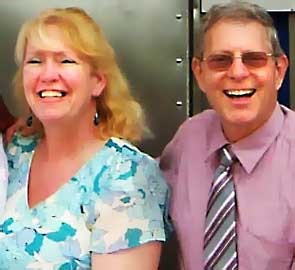




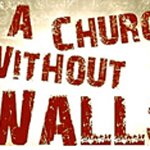
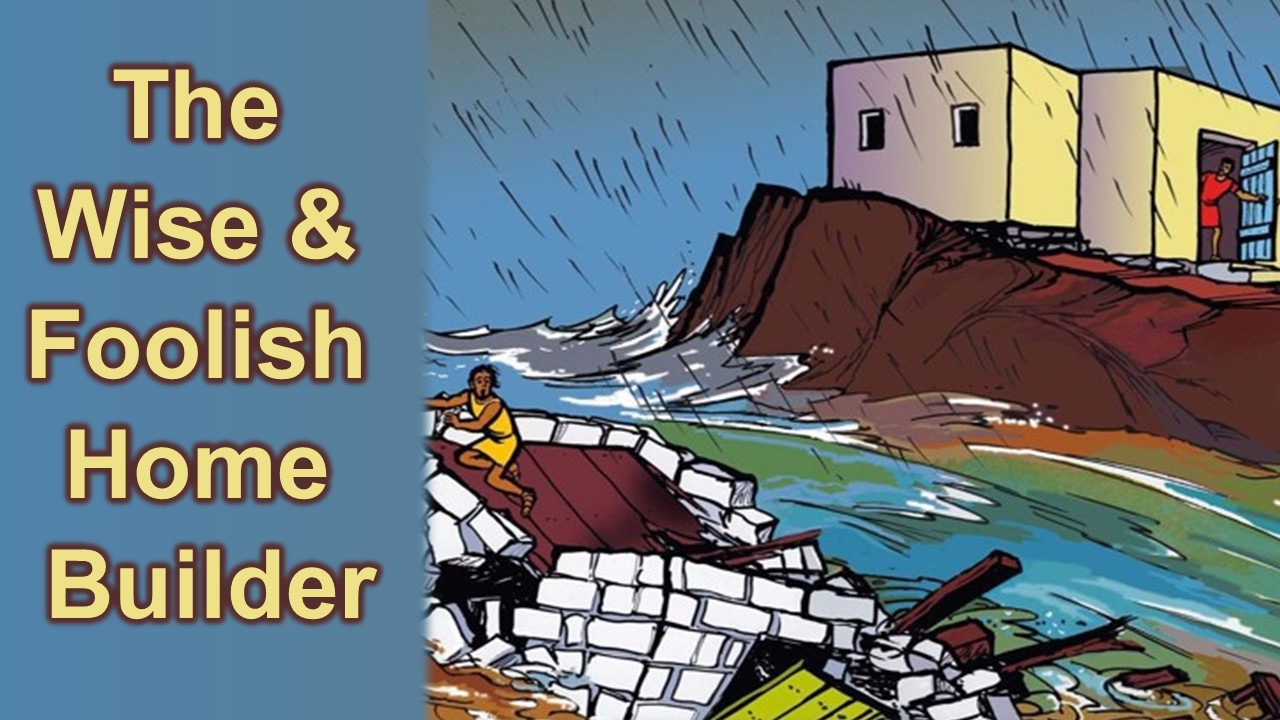


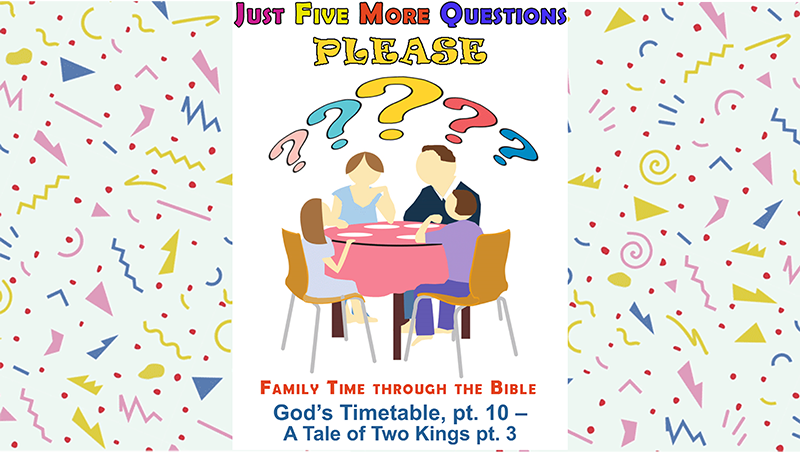




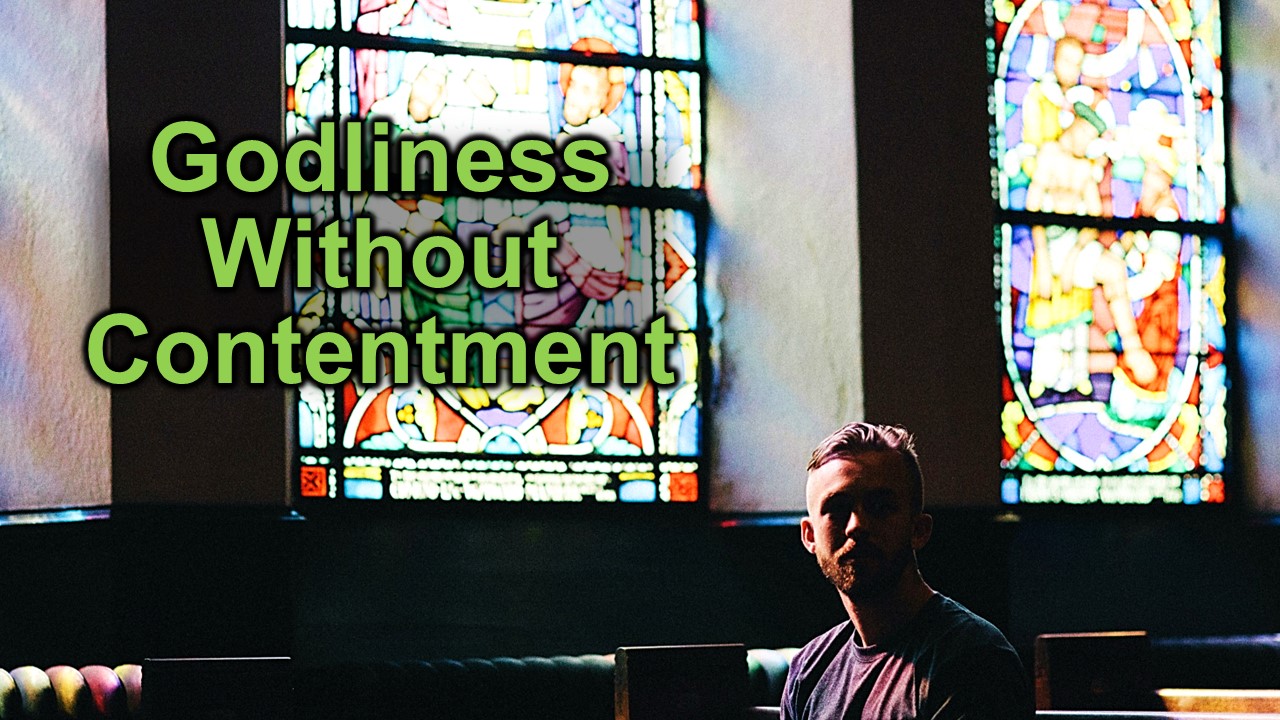
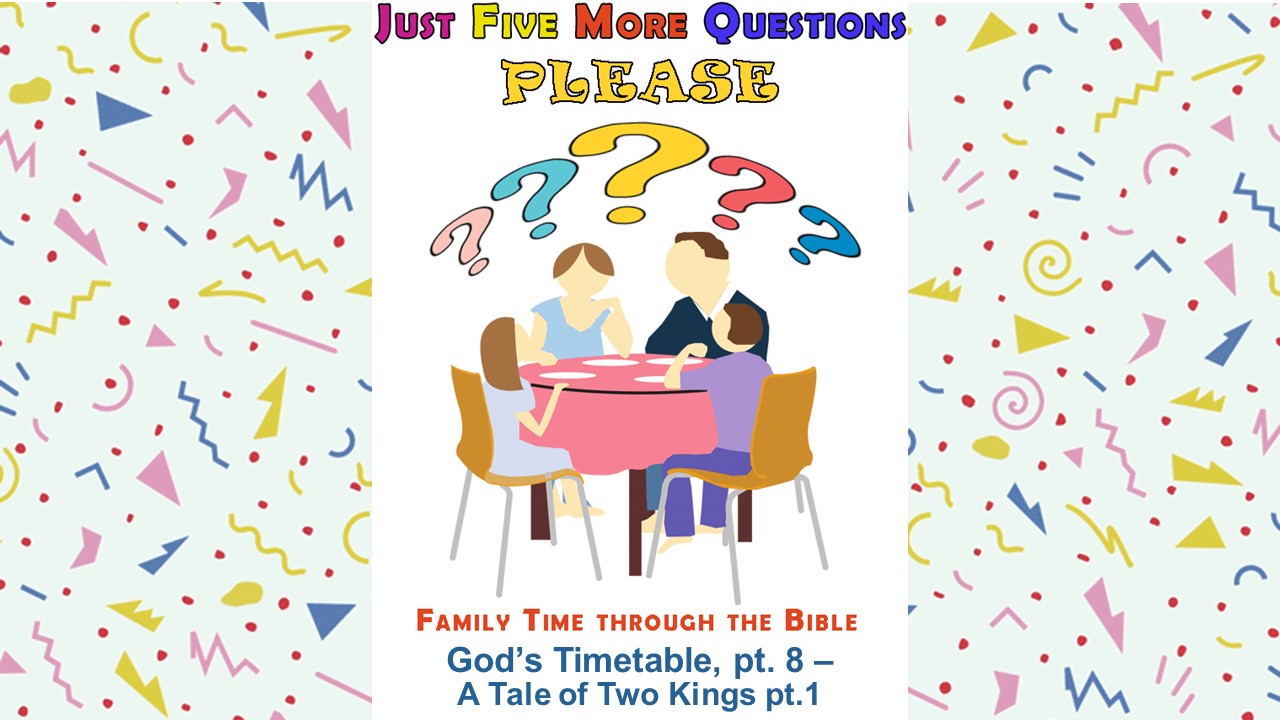

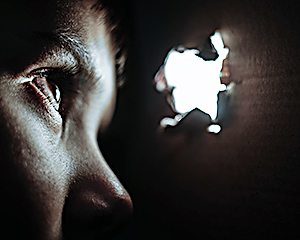







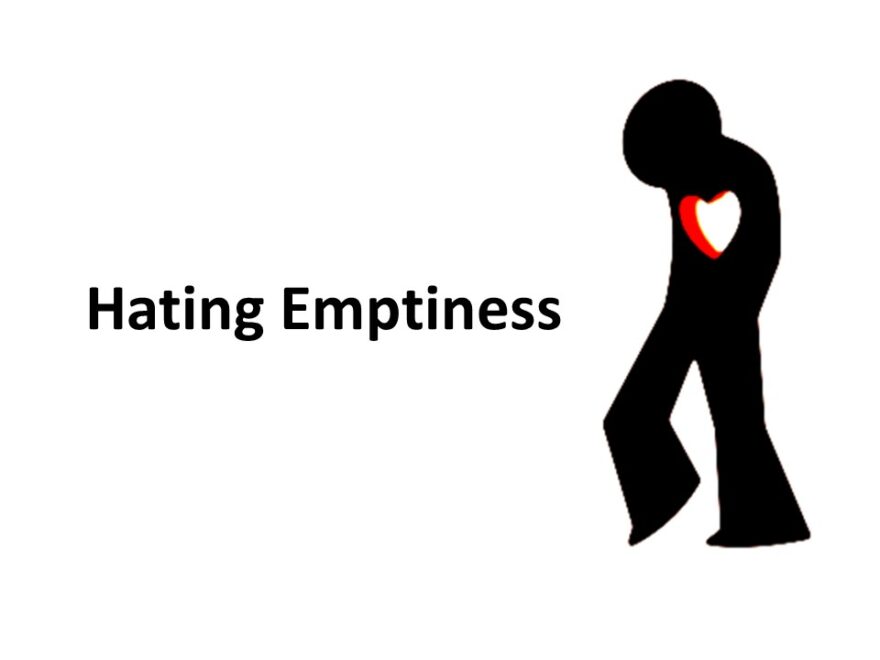



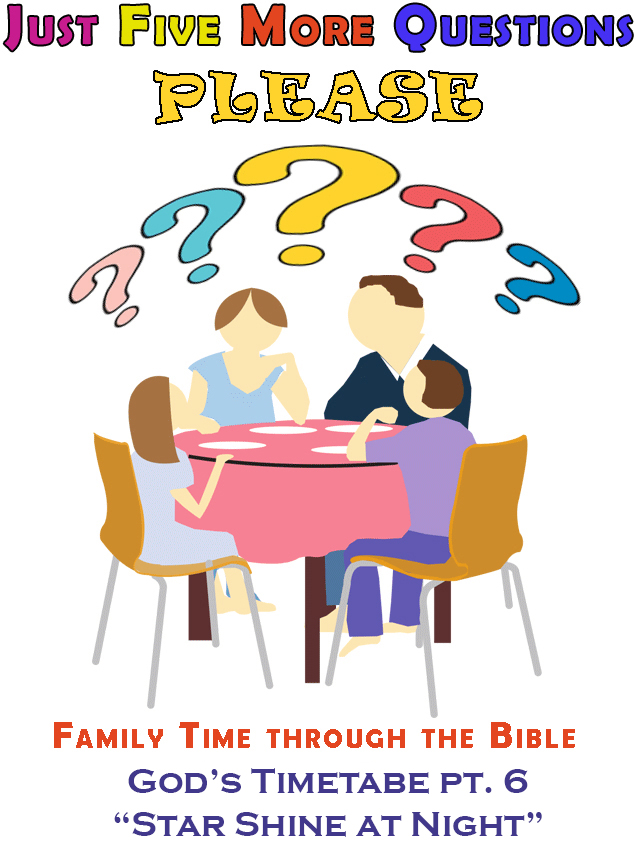





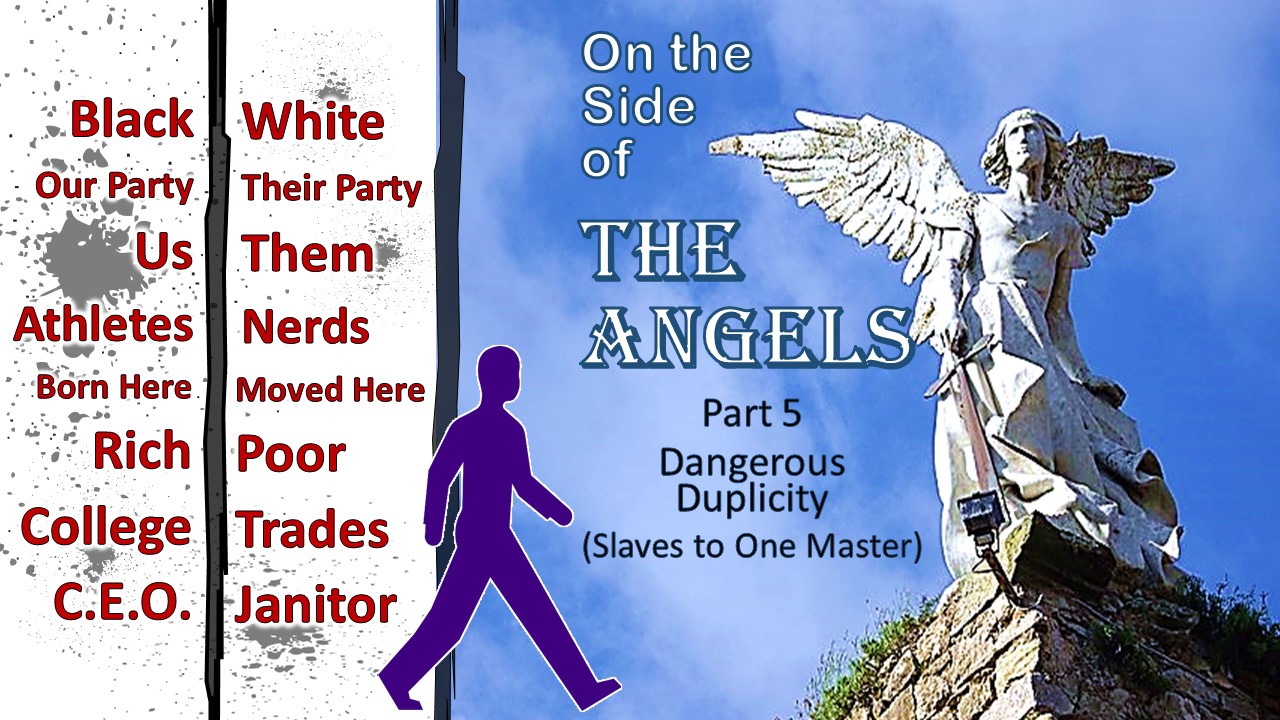
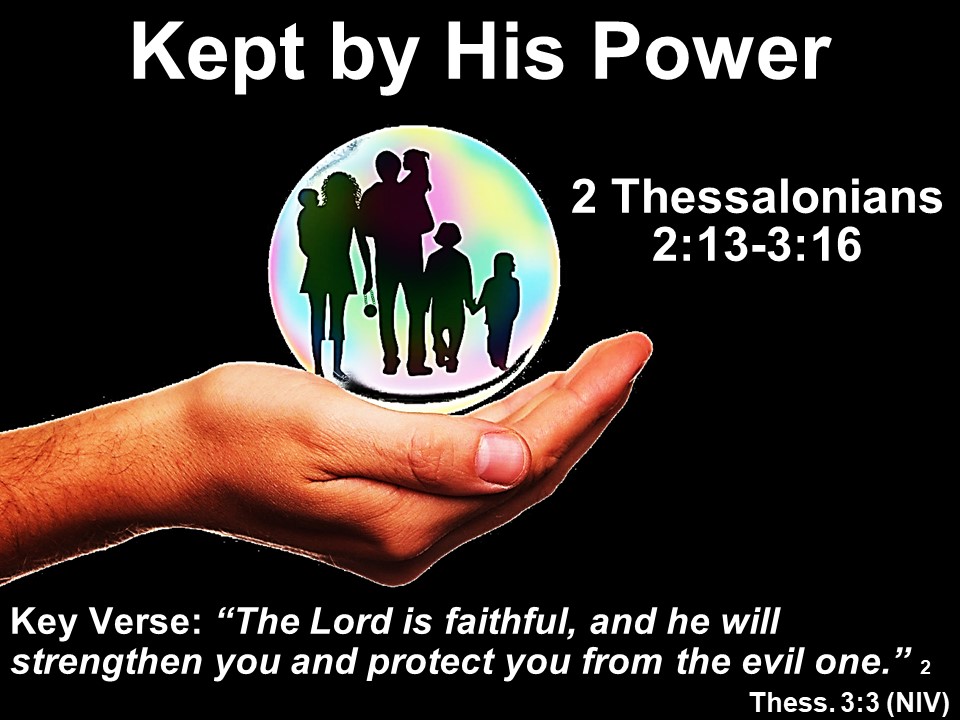
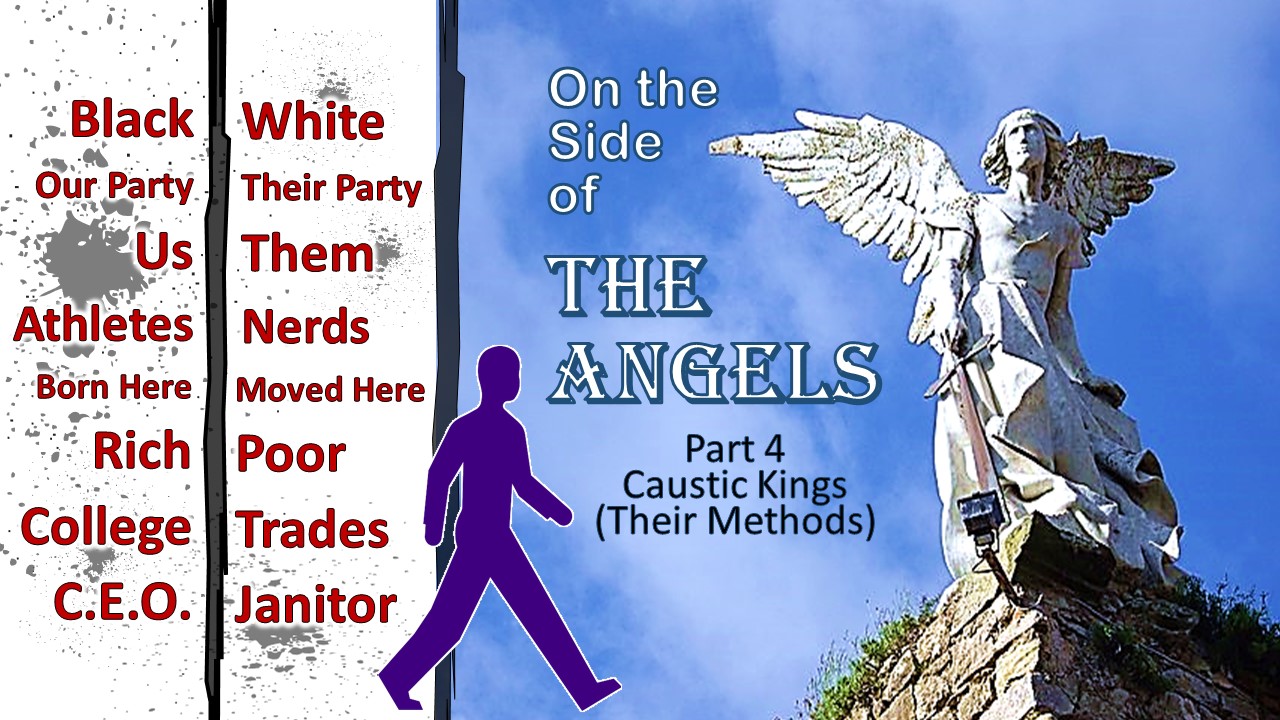
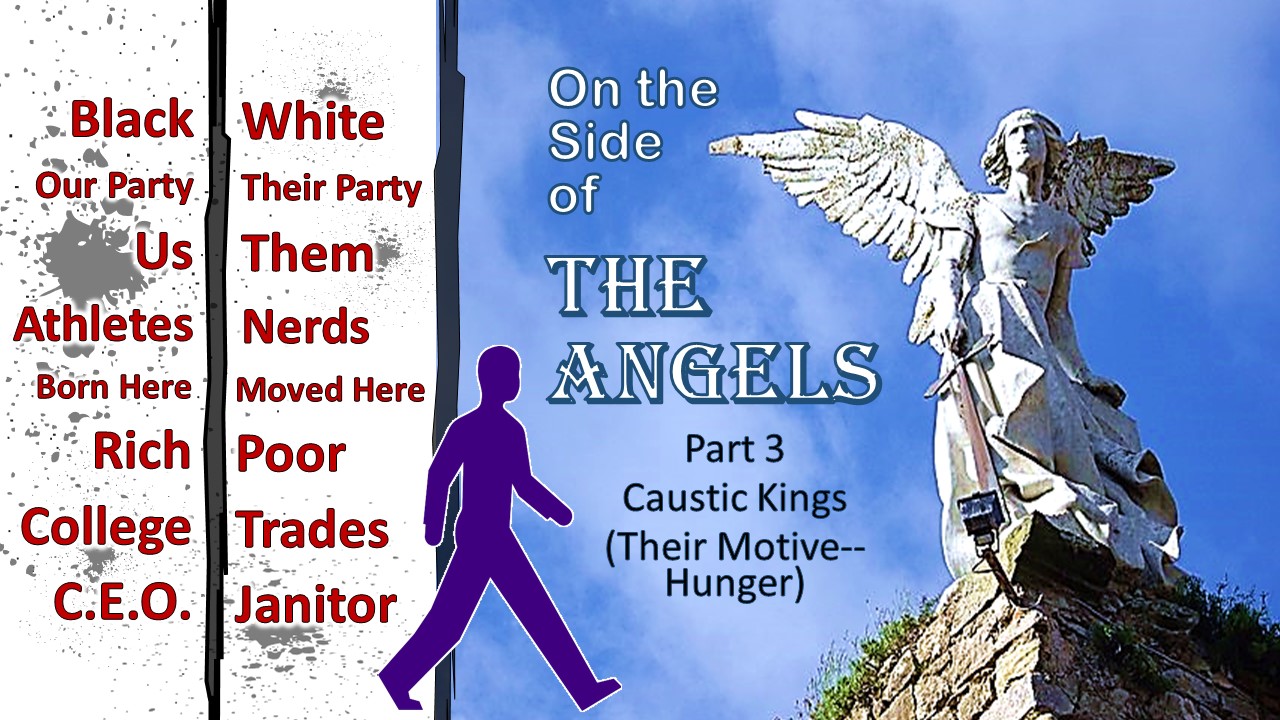

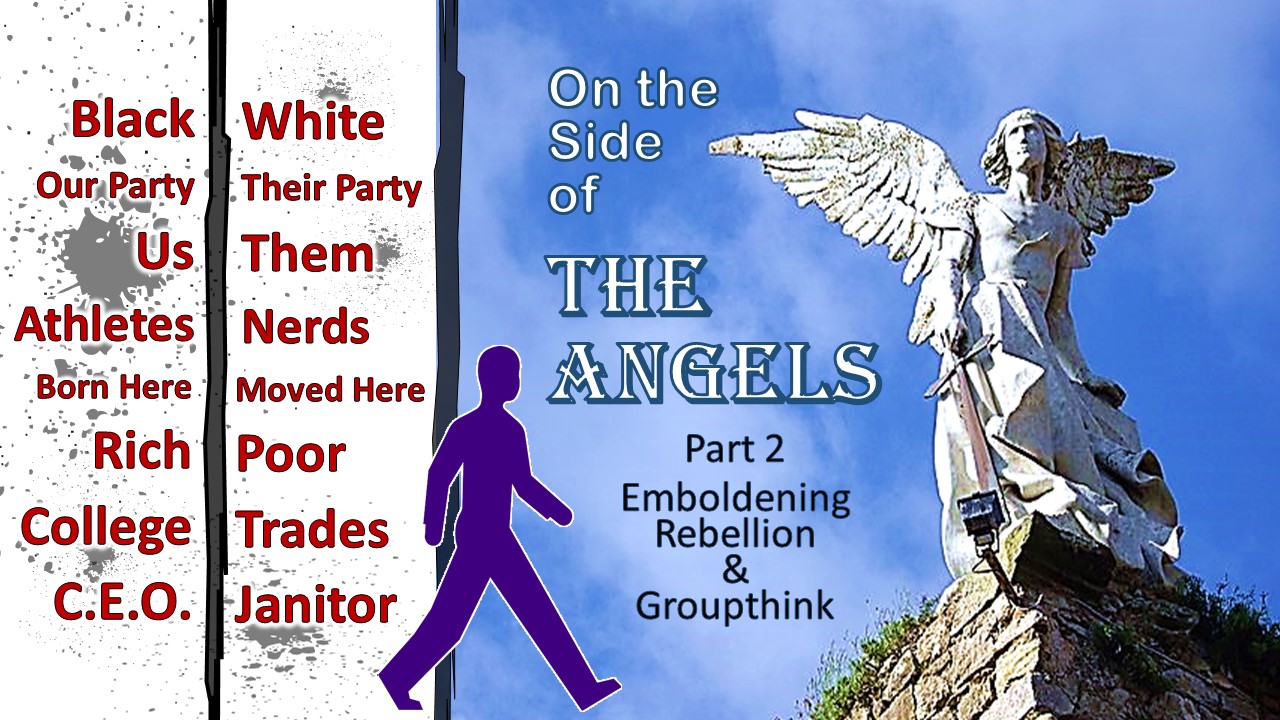
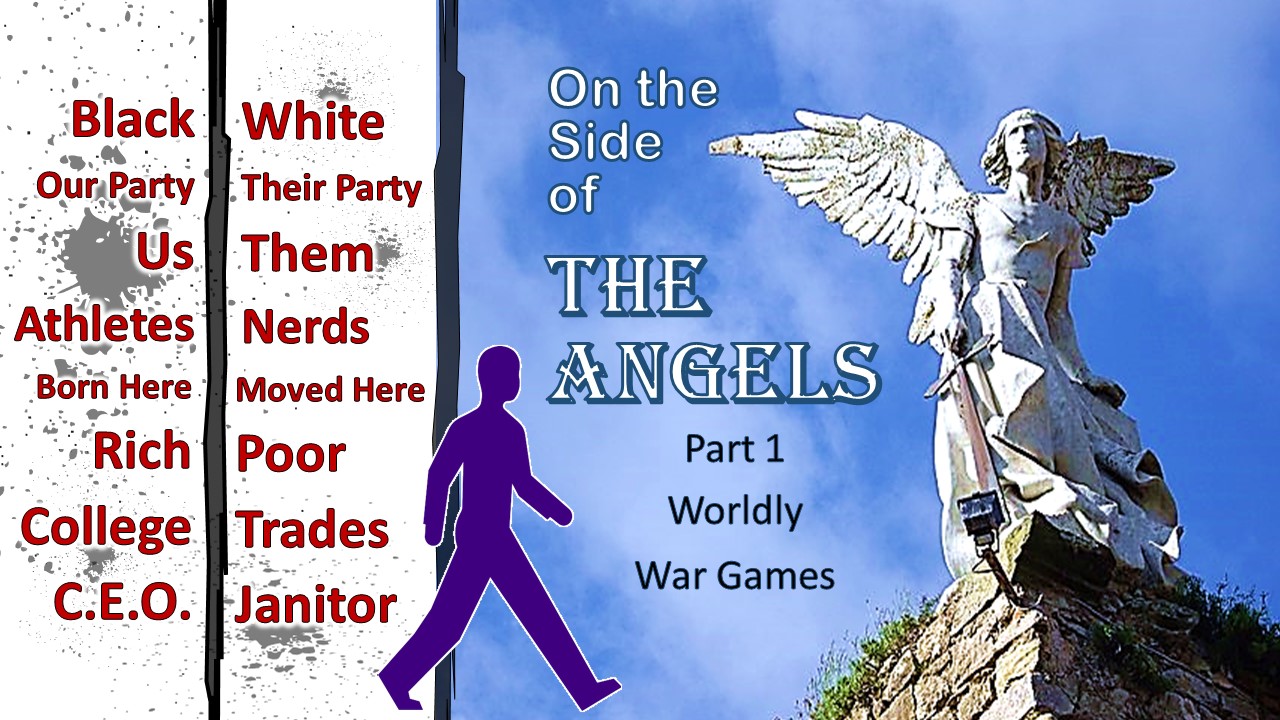



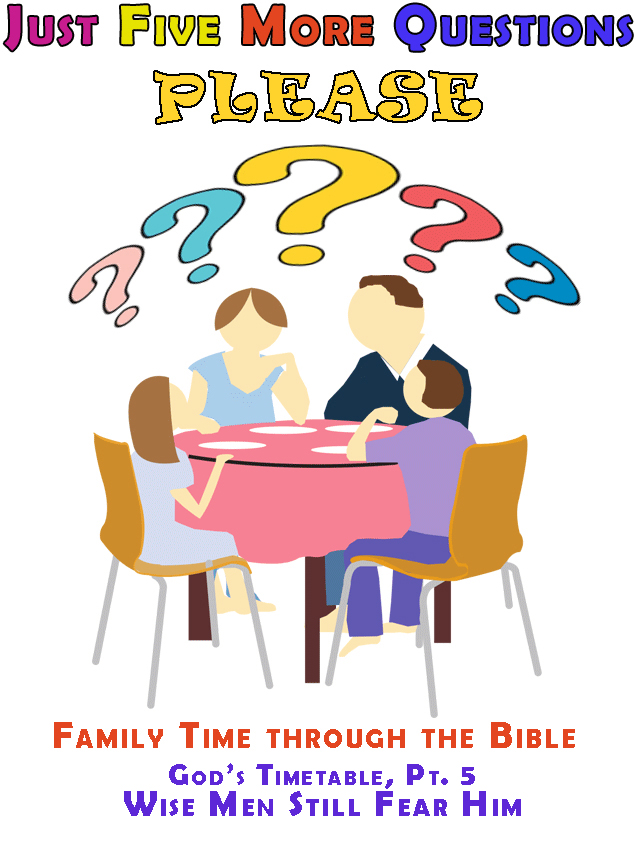

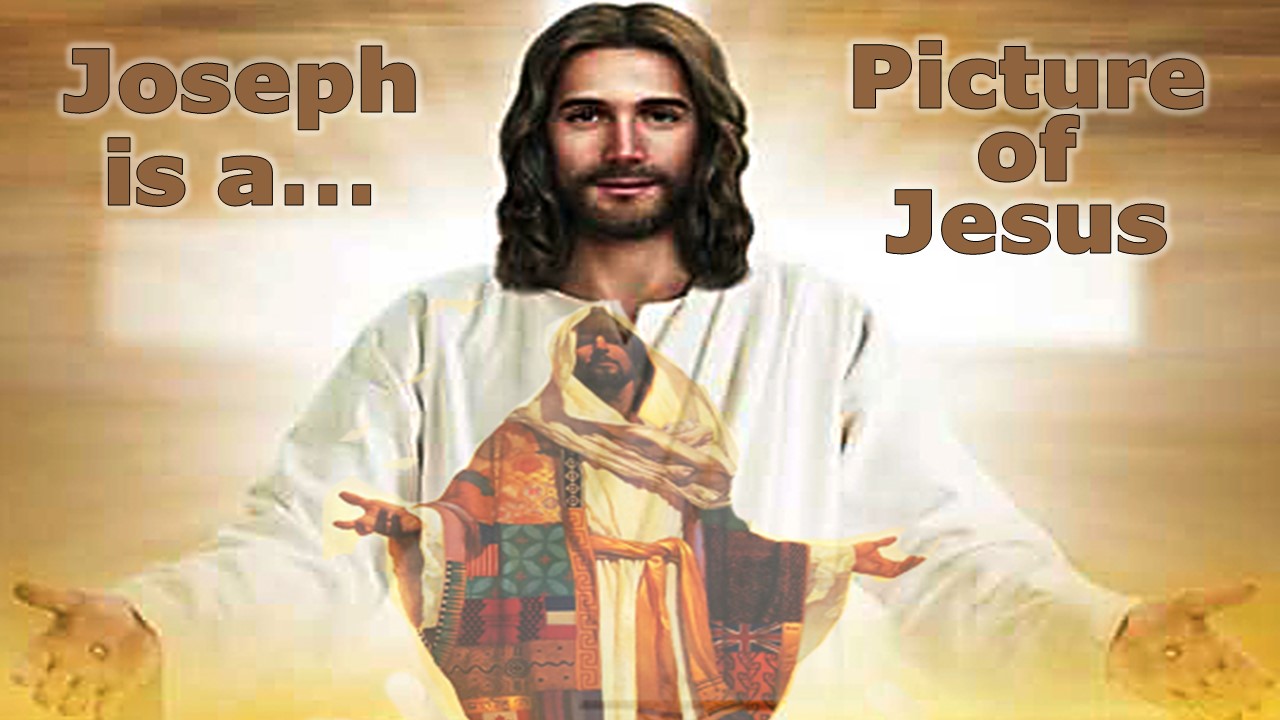
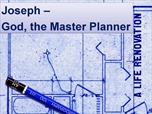

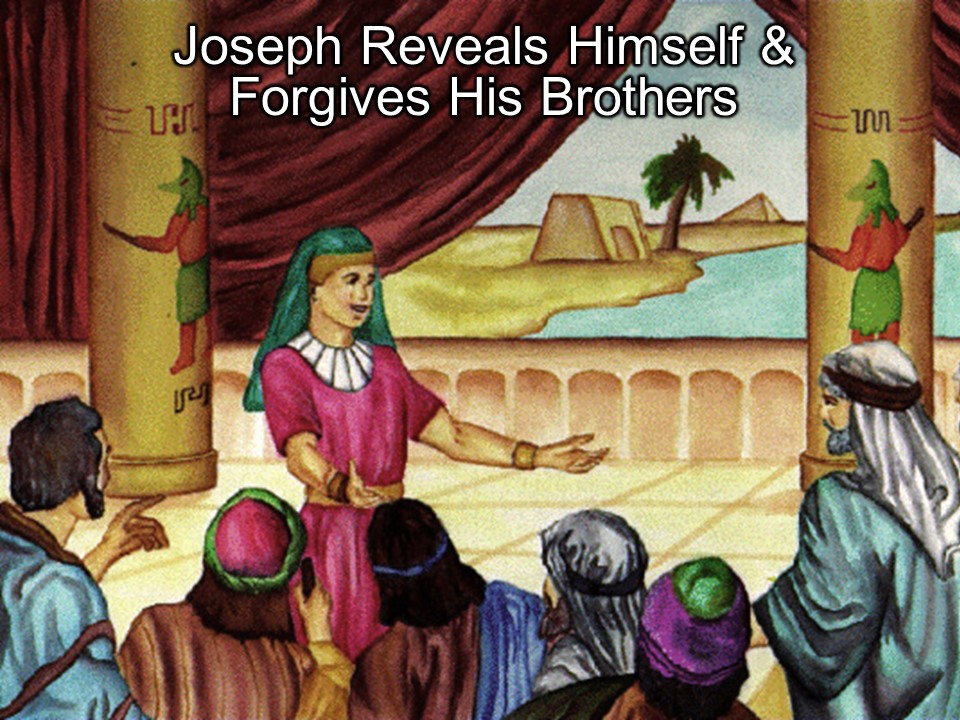


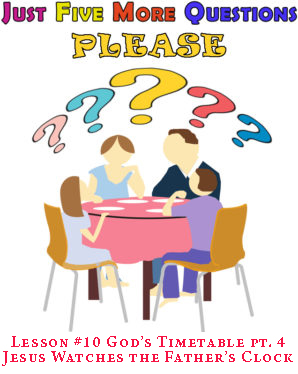
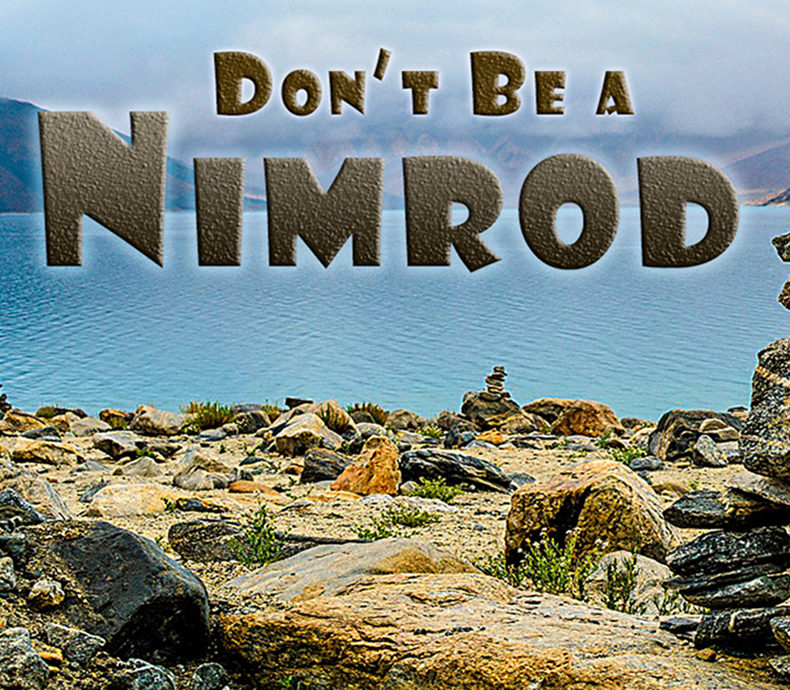

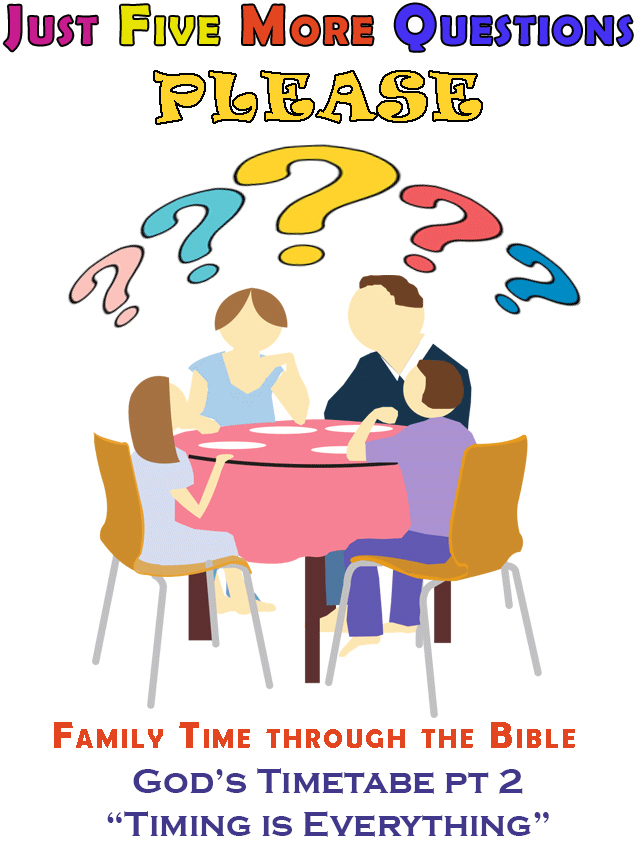


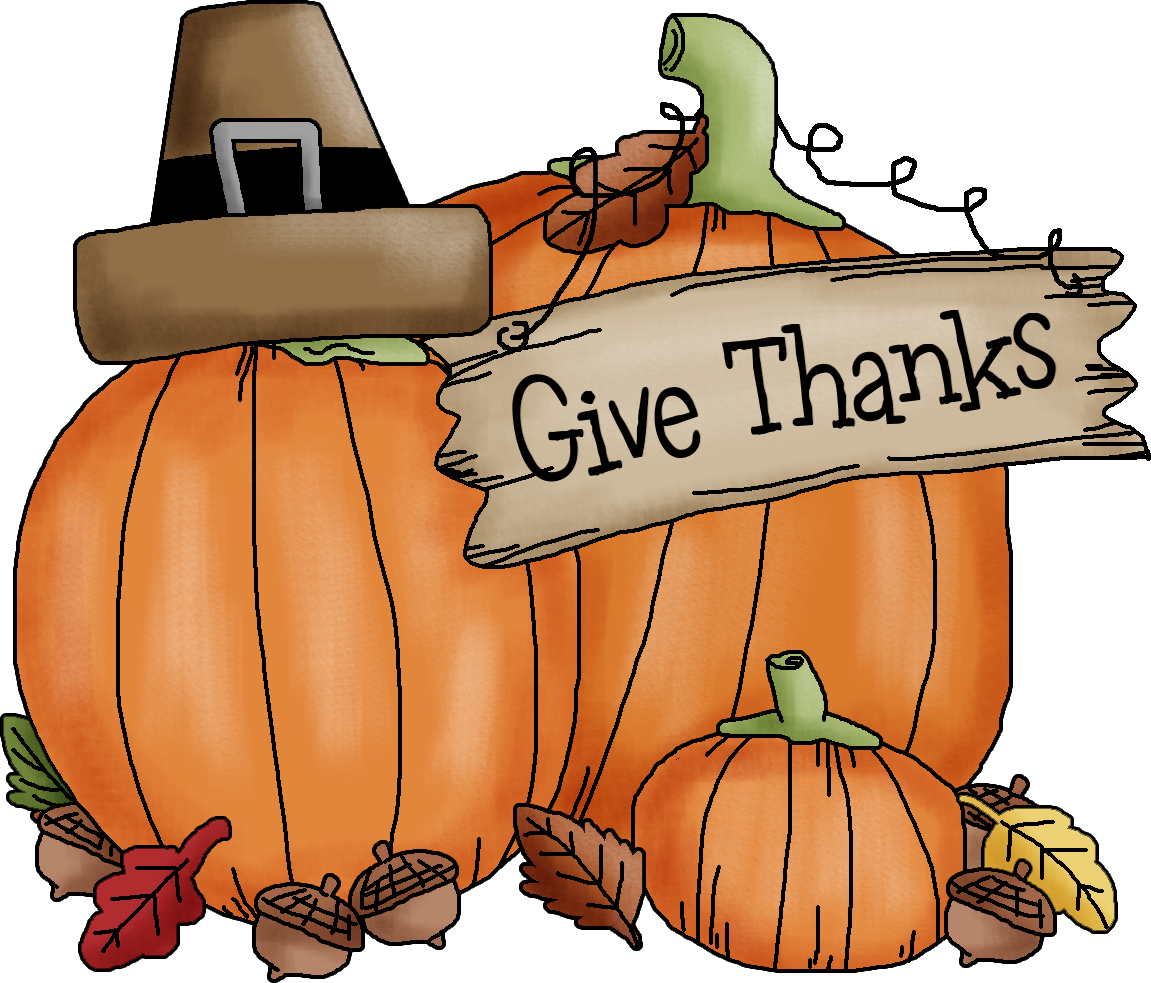

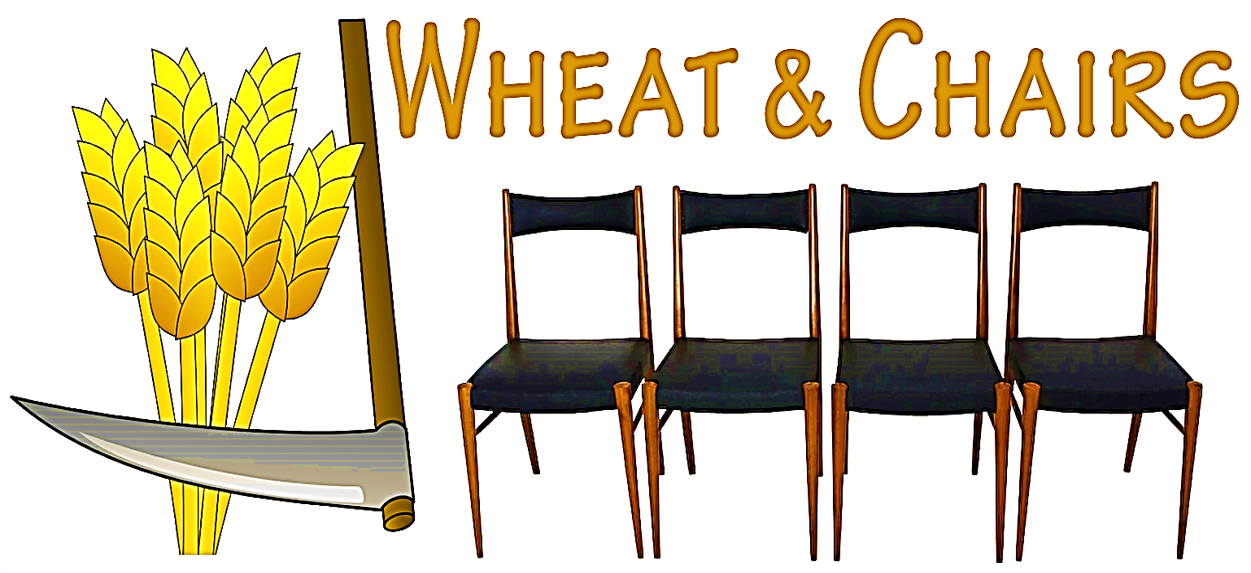

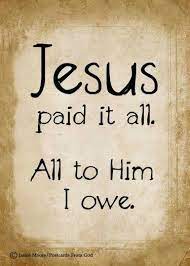

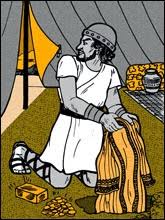

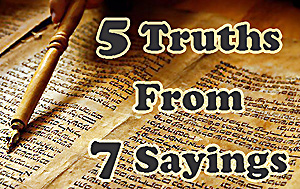

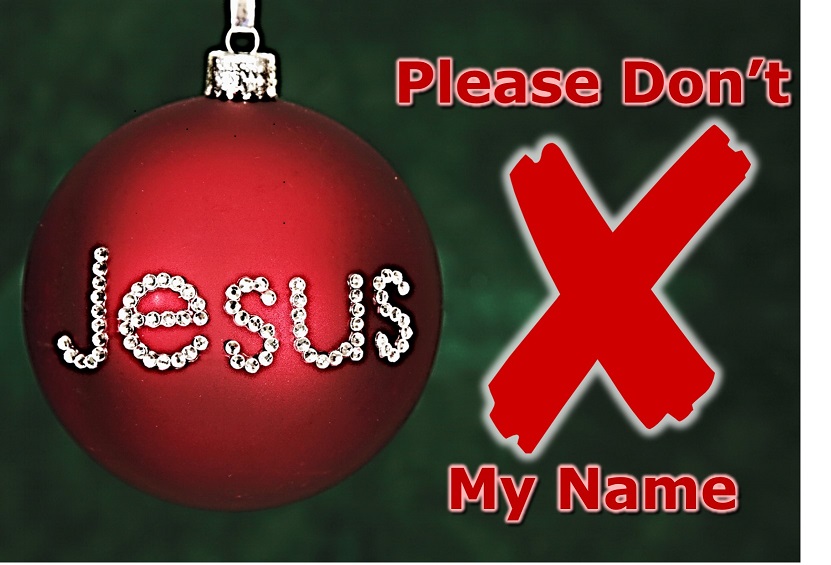
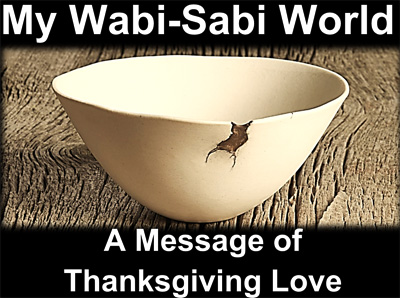










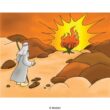


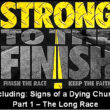
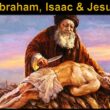

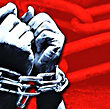
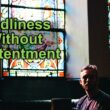



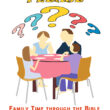

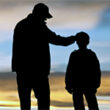


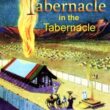
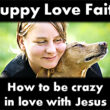











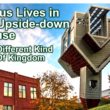
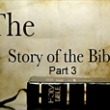



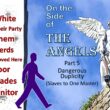


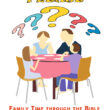

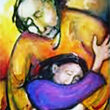


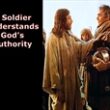



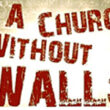
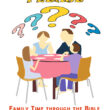




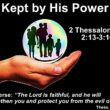


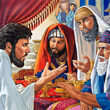











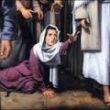


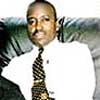



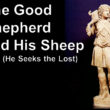



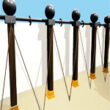

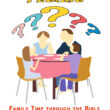
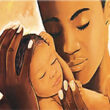


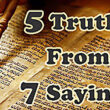
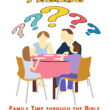

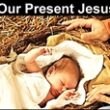

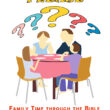



Greetings in the name of Jesus Christ our Lord and Savior!
I thank the Lord for this wonderful sermon and words from the Lord through you. May I ask permission to use this in our church, to teach them this. As I am blessed and reminded of God’s mercy and discipline I am also eager to share this to them in order for us to grow in our walk with God through this sermon. Thank you so much and God bless you more.
Dear brother in Christ,
You are welcome to use this and any other material from our ministry. My wife and I are always blessed to pass on to others what God has given us. May the Lord bless your service!
Harold & Therese Greenberg
Campaign Kerusso